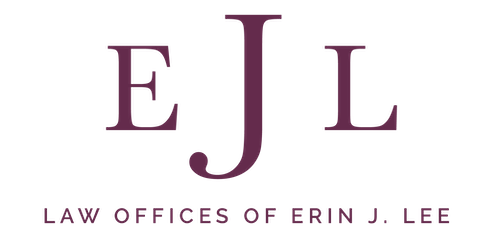On January 20, 2017, the Department of Homeland Security (DHS) published a final rule that will help certain founders of start-up companies, to enter the U.S. and grow their companies. This rule will be implemented July 17, 2017, and was made with the hopes to improve our economy through increasing capital spending, creating jobs, and bringing new innovations to the U.S. DHS estimates that this final rule can potentially benefit almost 3,000 entrepreneurs with dreams of growing their business in the U.S.
In order to qualify for this benefit, the applicant will need to demonstrate: 1) the applicant possesses a substantial ownership interest in a start-up created within the past five years in the U.S. that has substantial potential for rapid growth and job creation; 2) the applicant has a central and active role in the start-up entity that directly influences the growth of the business; 3) the applicant can prove a significant public benefit to the U.S. from the position in the company. The last requirement can be met by showing that the start-up entity has received a significant investment of capital from certain qualified U.S. investors; entity has received certain qualified, significant awards or grants for economic development, research and development, or job creation; or that they partially meet either or both of the previous two requirements and providing additional reliable and compelling evidence of the start-up entity’s substantial potential for rapid growth and job creation.
This new benefit is authorized under DHS’ “parole” authority, which grants a period of authorized stay, on a case-by-case basis. In other words, this rule does not grant a certain immigration status, like lawful residence or even a working visa. Rather, the eligible entrepreneurs will be merely granted entry into the U.S. for a time of up to 30 months, with a possibility to extend that period for another 30 months. Of course, they will have to meet certain criteria and will be at the complete discretion of DHS.
Furthermore, this rule can be extended to up to three entrepreneurs per start-up, as well as their spouses and children. These entrepreneurs will be allowed to work and be issued a valid work permit, but only be authorized to work on the business that was subject of the parole. The entrepreneurs’ spouses are also eligible for work authorizations. Speak with an attorney if you or someone you know may qualify for this new rule.


